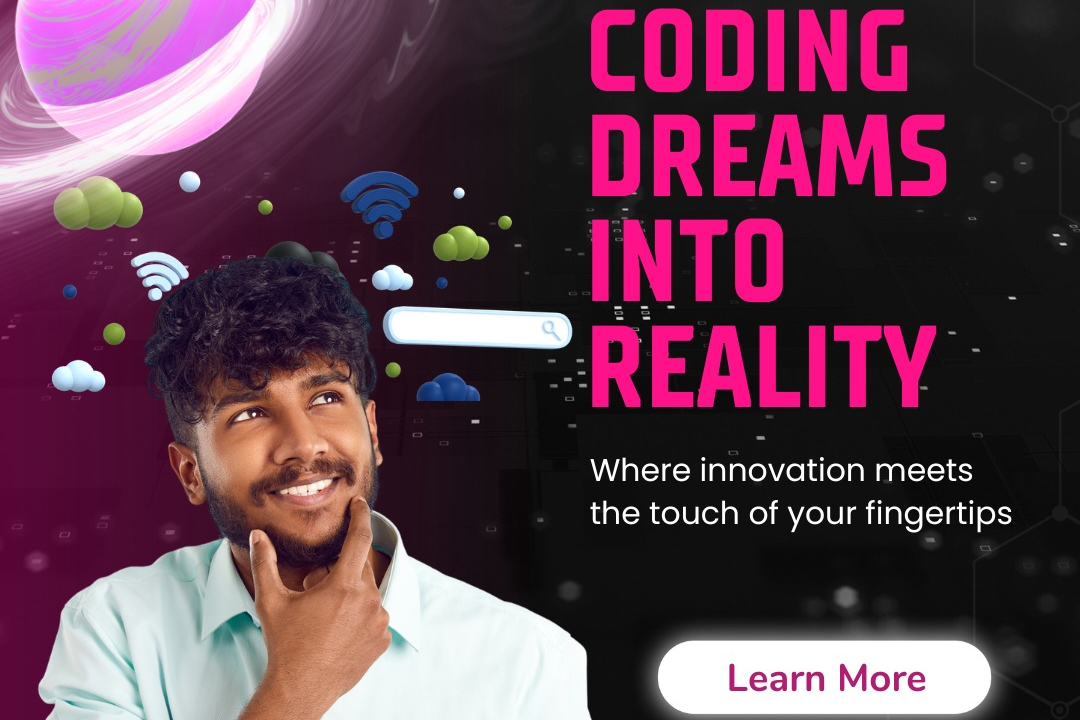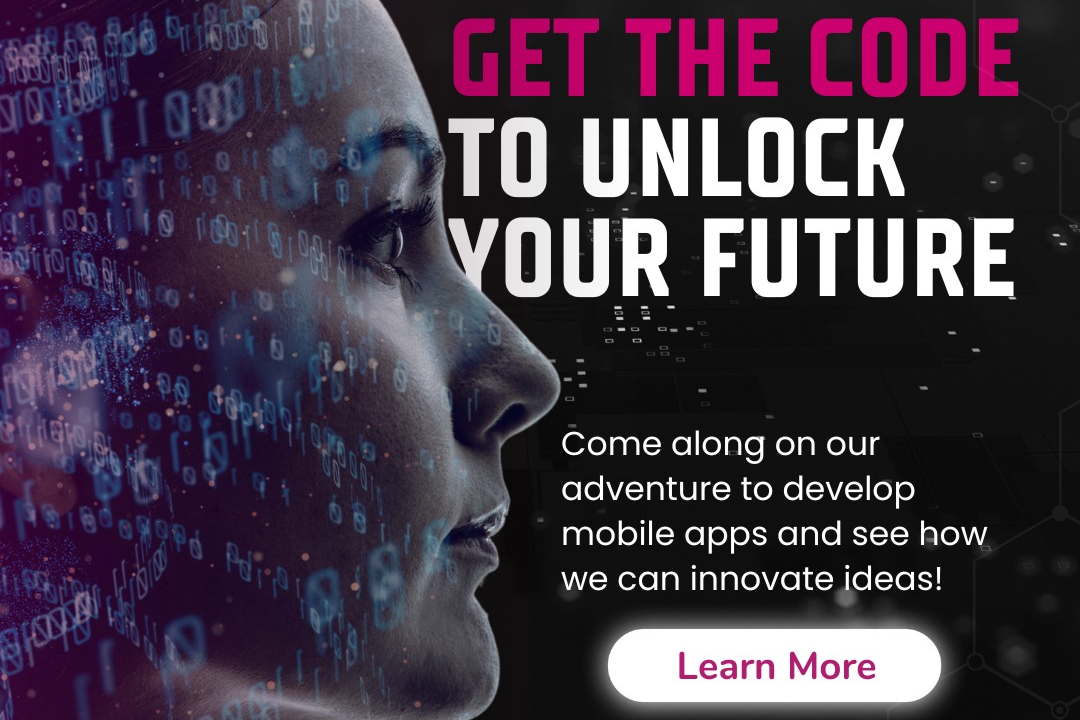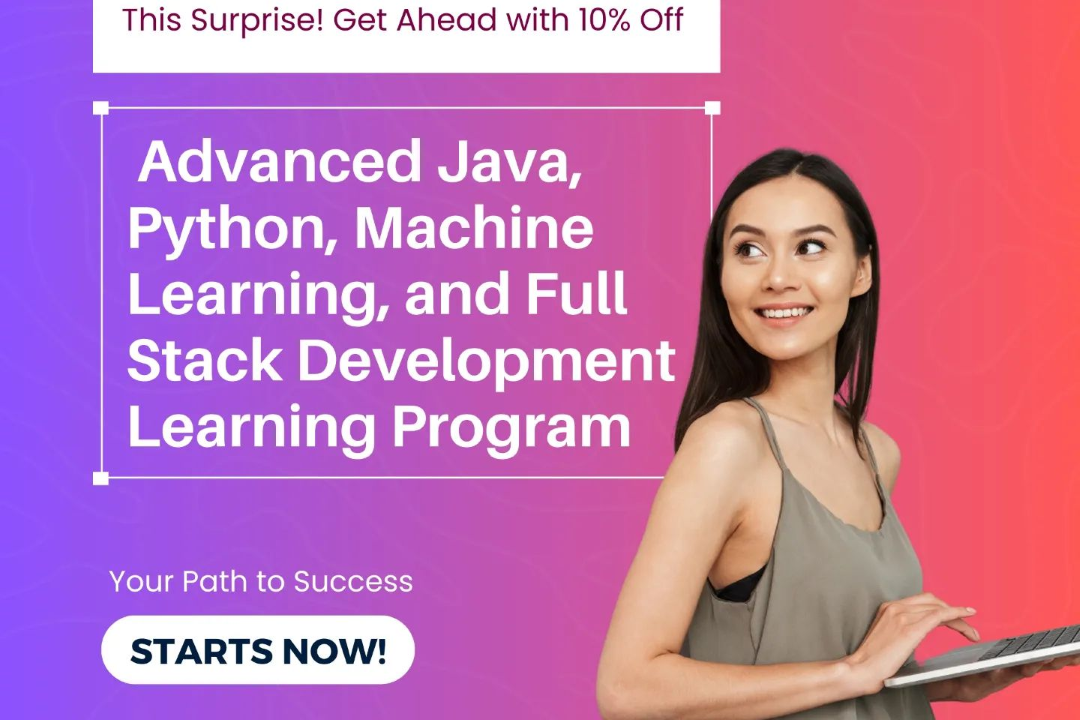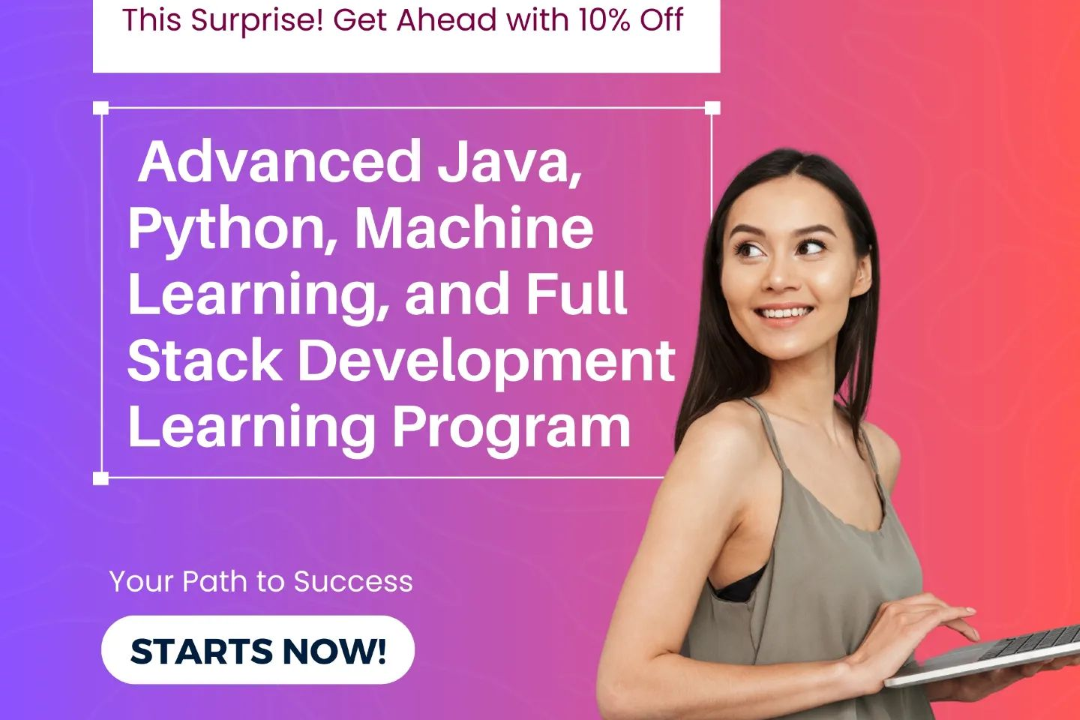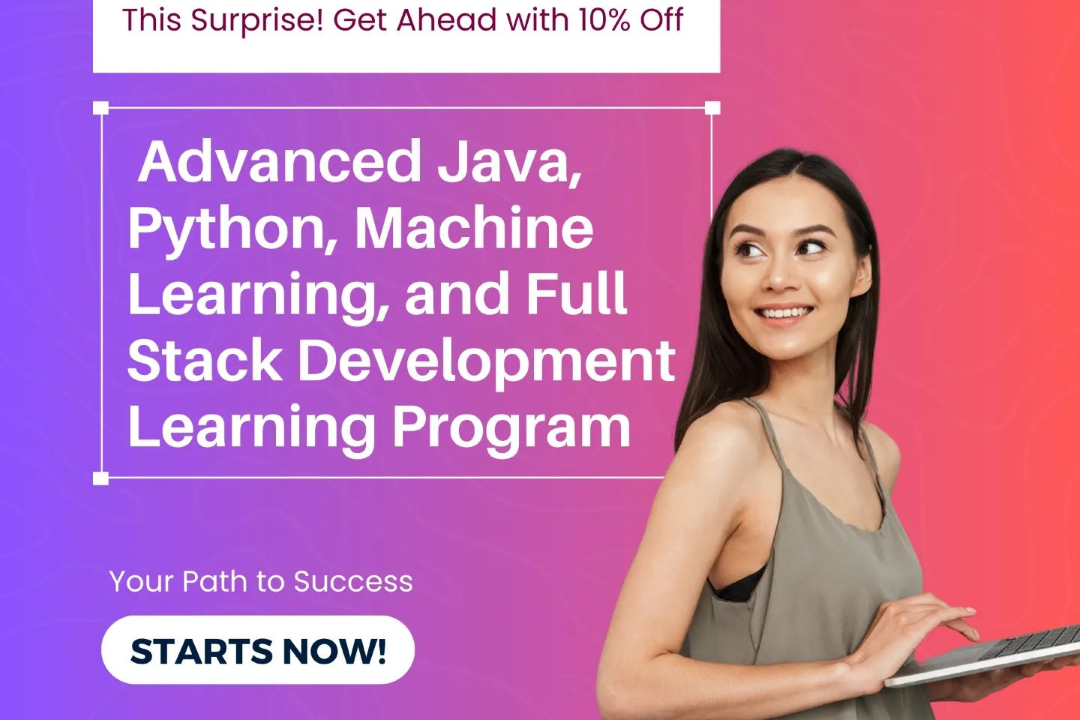React Native Project Ideas to Boost your Portfolio
React Native project ideas are innovative concepts designed to help developers create cross-platform
React Native Project Ideas to Boost your Portfolio
Exploring React Native project ideas is an excellent way to boost your portfolio and enhance your skillset as a developer. By undertaking practical projects, you gain hands-on experience in building cross-platform mobile applications, which is highly sought after in today's job market. These projects not only allow you to implement various features and functionalities but also enable you to showcase your creativity and problem-solving abilities. As potential employers often look for tangible evidence of your expertise, a well-rounded portfolio filled with diverse React Native projects can significantly increase your chances of landing desirable job opportunities or freelance gigs, making you a more competitive candidate in the tech industry.
To Download Our Brochure: Download
Message us for more information: Click Here
Exploring React Native project ideas is an excellent way to boost your portfolio and enhance your skillset as a developer. By undertaking practical projects, you gain hands on experience in building cross platform mobile applications, which is highly sought after in today's job market. These projects not only allow you to implement various features and functionalities but also enable you to showcase your creativity and problem solving abilities. As potential employers often look for tangible evidence of your expertise, a well rounded portfolio filled with diverse React Native projects can significantly increase your chances of landing desirable job opportunities or freelance gigs, making you a more competitive candidate in the tech industry.
Course Overview
The “React Native Project Ideas to Boost Your Portfolio” course is designed for aspiring developers eager to enhance their skills and showcase their abilities through practical application. Participants will explore a variety of innovative project concepts that leverage the power of React Native for building cross-platform mobile applications. Each project will guide learners through real-time development processes, focusing on essential features like user authentication, API integration, and responsive design. By the end of the course, students will not only gain hands-on experience but also create a compelling portfolio of projects, significantly boosting their employability in the competitive tech landscape. Whether you're a beginner or an experienced developer, this course equips you with the tools and confidence needed to excel in creating dynamic, real-world applications.
Course Description
The “React Native Project Ideas to Boost Your Portfolio” course is designed to empower developers with practical knowledge and hands-on experience in building innovative mobile applications using React Native. Participants will explore a range of engaging project ideas, from simple applications to more complex solutions, that incorporate real-time functionalities, user authentication, and seamless API integration. This course emphasizes project-based learning, enabling students to enhance their programming skills while creating a diverse portfolio of applications that showcase their talent and creativity. By the end of the course, learners will emerge with not only improved coding capabilities but also a standout portfolio that highlights their ability to develop compelling, real-world mobile apps, making them more competitive in the job market.
Key Features
1 - Comprehensive Tool Coverage: Provides hands-on training with a range of industry-standard testing tools, including Selenium, JIRA, LoadRunner, and TestRail.
2) Practical Exercises: Features real-world exercises and case studies to apply tools in various testing scenarios.
3) Interactive Learning: Includes interactive sessions with industry experts for personalized feedback and guidance.
4) Detailed Tutorials: Offers extensive tutorials and documentation on tool functionalities and best practices.
5) Advanced Techniques: Covers both fundamental and advanced techniques for using testing tools effectively.
6) Data Visualization: Integrates tools for visualizing test metrics and results, enhancing data interpretation and decision-making.
7) Tool Integration: Teaches how to integrate testing tools into the software development lifecycle for streamlined workflows.
8) Project-Based Learning: Focuses on project-based learning to build practical skills and create a portfolio of completed tasks.
9) Career Support: Provides resources and support for applying learned skills to real-world job scenarios, including resume building and interview preparation.
10) Up-to-Date Content: Ensures that course materials reflect the latest industry standards and tool updates.
Benefits of taking our course
Functional Tools
1 - React Native
React Native is the core framework utilized in this course for building mobile applications. It allows developers to create native apps for both iOS and Android using JavaScript and React. Through this course, students will learn how to leverage its components and APIs to create responsive user interfaces while ensuring optimal performance across devices. The framework's modular architecture enables students to build applications in a component driven way, encouraging reusability and scalability.
2) Node.js
Node.js is used for building the backend services and APIs that support React Native applications. By using Node.js, students will learn how to create efficient, scalable server side applications that can manage requests from the mobile front end. This knowledge is crucial for managing user authentication, data handling, and integrating third party services in a React Native project, providing students with a comprehensive understanding of full stack development.
3) Firebase
Firebase is integrated into the course as a powerful backend as a service platform that provides tools like real time databases, authentication, and hosting. Students will explore how to implement Firebase for user authentication and real time data synchronization in their apps. Understanding Firebase not only simplifies backend management but also enhances students' capabilities to implement features such as chat functionality and live updates in their projects, making applications more interactive and user friendly.
4) Expo
Expo is utilized in the course to simplify the development process of React Native applications. It provides a set of tools and services that help in building, deploying, and testing apps quickly. Students will learn to use Expo's managed workflow to access built in components and APIs efficiently, allowing them to focus on creating a great user experience without worrying about native configurations. By incorporating Expo into projects, learners can streamline their workflow and enhance productivity.
5) Git and GitHub
Version control systems like Git, along with platforms such as GitHub, are employed in this course to manage project code effectively. Students will learn essential version control practices, such as branching, merging, and pull requests, which are crucial for collaborative development. GitHub serves as a platform for students to host their code, showcase their projects, and collaborate with others. This skill is essential in modern software development, fostering teamwork and ensuring project integrity.
6) Visual Studio Code
Visual Studio Code is the primary code editor recommended for this course. Its rich ecosystem of extensions and robust features, such as IntelliSense and debugging support, make it an ideal environment for developing React Native applications. Students will become proficient in navigating and utilizing the editor for coding, testing, and debugging while leveraging tools for code formatting and project organization. Mastering this editor empowers students to write cleaner, more efficient code and enhances overall productivity in their development process.
7) Redux
Redux is introduced in the course as a state management library essential for handling application state in React Native apps. Students will learn to implement Redux for centralized state management, making it easier to share data across components and manage complex state changes. By understanding concepts like actions, reducers, and the store, learners can create more robust, scalable, and maintainable applications, especially as they grow in size and complexity.
8) RESTful APIs
The course covers the concept of RESTful APIs, which are crucial for communication between the frontend and backend of an application. Students will learn how to design and implement RESTful services in Node.js and how to interact with those services from their React Native applications. Mastering RESTful architecture helps learners understand how to create reliable client server interactions, essential for building modern applications that require data exchange and external integrations.
9) Testing and Debugging
An essential part of the development process, testing, and debugging practices are emphasized throughout the course. Students will learn various testing frameworks and tools, such as Jest and React Testing Library, to ensure their applications run smoothly and meet user expectations. Debugging techniques will also be covered to help learners identify and resolve issues quickly, leading to the development of more reliable and quality software.
10) Mobile App Deployment
The course includes modules on deploying React Native applications to the App Store and Google Play. Students will understand the end to end process of preparing an app for deployment, including configuring app settings, creating builds, and adhering to the submission processes for both platforms. This crucial knowledge equips learners with the skills to launch their projects successfully, making their applications accessible to users around the globe.
11 - User Interface (UI) and User Experience (UX) Design Principles
Understanding UI and UX principles is vital for creating user friendly applications. The course will delve into best practices for designing intuitive user interfaces, ensuring optimal navigation and usability. Students will explore design techniques and tools, such as Figma, to prototype and iterate on their designs, giving them the ability to produce applications that not only function well but also offer a great user experience.
12) Real Time Project Work
Throughout the course, students will engage in real time projects that simulate real world applications. This hands on approach provides practical experience in applying the concepts learned in lectures and modules. Students will work collaboratively on projects, allowing them to build a portfolio of completed works, which is essential for job placements and showcasing their skills to potential employers.
13) Soft Skills Development
In addition to technical skills, the course places emphasis on developing soft skills like effective communication, teamwork, and problem solving. Through collaborative projects and interactive sessions, students will enhance their abilities to work in teams and convey their ideas clearly. These soft skills are crucial in today’s job market, as they complement technical proficiency and enhance overall employability.
14) Portfolio Development
Students will not only create projects but also learn how to present their work effectively. The course will guide learners on how to build a professional portfolio that highlights their skills, projects, and certifications obtained through JustAcademy. A well crafted portfolio is a powerful tool for job seekers, showcasing their abilities and development journey to potential employers.
15) Industry Relevant Case Studies
The course will feature several case studies from various industries to demonstrate how React Native applications solve real business challenges. Analyzing these case studies will provide students with insights into best practices, challenges faced during development, and how to overcome them. This practical knowledge bridges the gap between theoretical concepts and real world application, preparing students for the demands of the job market.
Browse our course links : Click Here
To Join our FREE DEMO Session: Click Here
This information is sourced from JustAcademy
Contact Info:
Roshan Chaturvedi
Message us on Whatsapp: Click Here
Email id: Click Here


